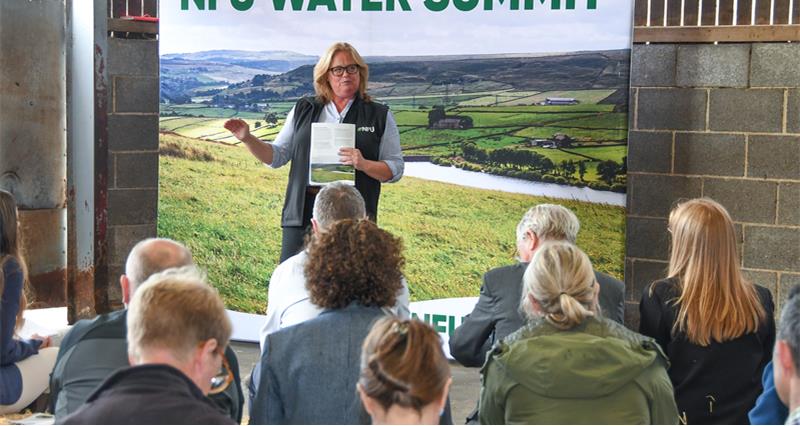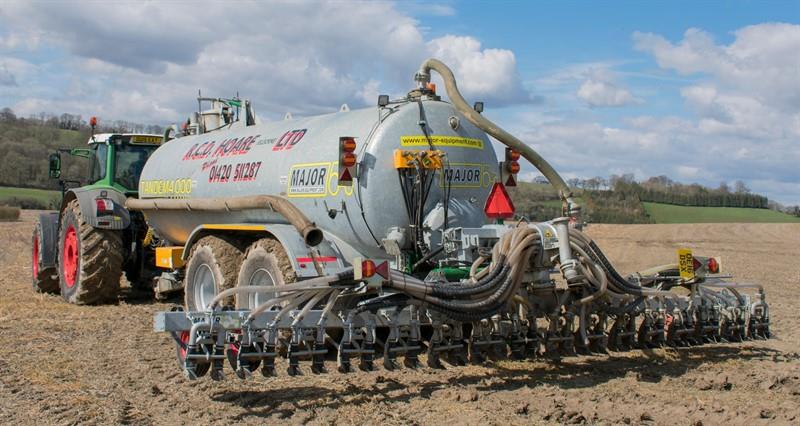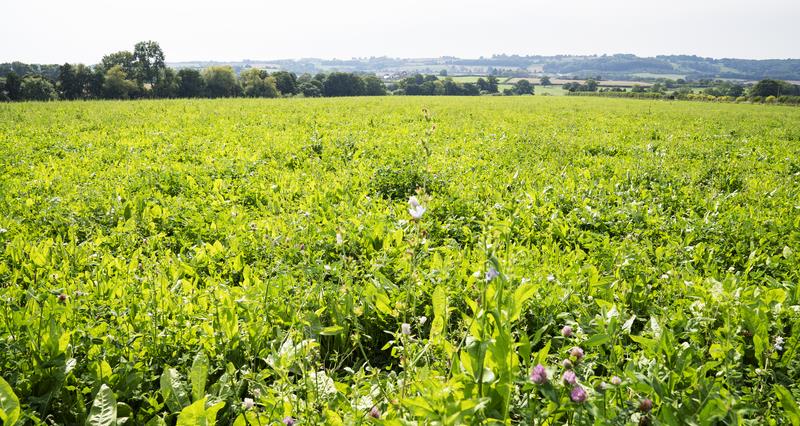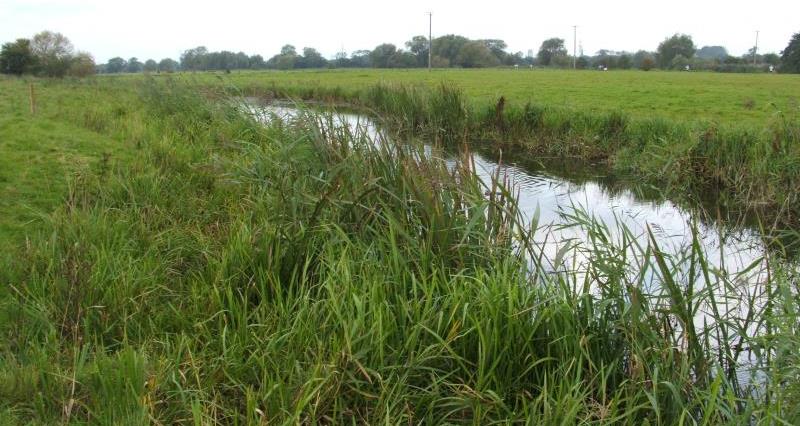Water quality can be an emotive subject. Often members are spokespersons for water quality in their local area. This page has all the relevant facts that can help counteract any negative press there might be.
NFU brings together key players to address water pressures
�ʼһ���has brought together key experts and groups from across the industry for a summit in July 2025 to address the significant challenges that continue to impact farmers’ ability to produce food for the nation with a focus on the critical issues of water quality and availability.
Read our report: Delivering sustainable water | A plan for British farming
Hear from NFU Vice-president Rachel Hallos:
Check out the latest regulation guidance
- EA inspections – what to expect when your farm is being inspected
- Silage, Slurry and Agricultural Fuel Oil storage – what are the rules?
- NFU Business Guide: Slurry storage on farm in England: your obligations explained
- NVZ closed periods – key dates and guidance
- TIAH launches online nutrient management course
- Nitrogen and phosphorus emissions reporting on permitted farms
- NRM soil analysis | Benchmark your soils.
Look at government advice and funding
Find out about what grant funding opportunities there are to help with water quality.
- CSF – free advice to help tackle water and air pollution
- Local Nature Recovery Strategies – what are they and why are they important?
- Everything you need to know about the Landscape Recovery scheme
- How SFI can help improve water quality on farm
��
Share our water quality resources��
When you are talking to your local press or schools, use this bank of resources to get the key facts across.

Fertiliser application rates have been decreasing since the 80s
46% less nitrogen fertiliser 81% less phosphate fertiliser But achieving similar crop yields

Nutrient inputs from manure have decreased
29% less manure nutrients since 1990 Nutrients are used more efficiently Soil N balances reduced by 40% since 1990 Soil P balances reduced by 92% since 1990

Farmers plan nutrient applications
72% of the farmed area covered by nutrient management plans 80% of the farmed area covered by manure management plans

Pesticide use is highly targeted
2 million hectares of farmed land covered by Integrated Pest Management plans Pesticide stewardship is highly professional 20,000 pesticide users undertaking Continuing Professional Development with the National Register of Sprayer Operators 16,000 sprayers and application equipment undergo National Sprayer Testing Scheme tests

Catchment Sensitive Farming reduces agricultural pollution
4-12% average reduction in pollutant losses Farmers have implemented 60% of measures recommended by CSF Almost 20,000 farm holdings have received CSF advice

Increasing uptake of the Sustainable Farming Incentive
Over 850,000 hectares of farmed land are now under actions which are explictly targeted at water quality • 1,140,000 metres of ditches are being managed for water quality • 2,600 ponds are being managed for water quality • 3,200 farmers have reviewed their nutrient managament.























